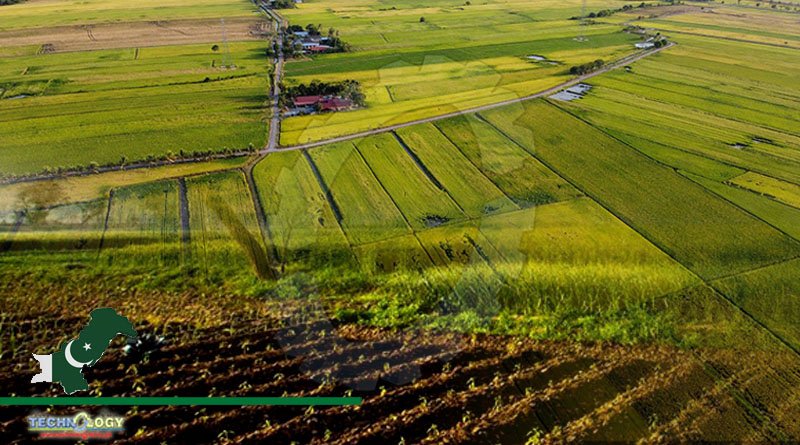An official of the Ministry for National Food Security and Research said that due to natural disasters, there is a possibility of food shortage in the country in the upcoming months.

The impacts of climate change have posed a challenge to food safety in Pakistan and the rest of the world. Pakistan is particularly affected the most due to recent floods, which damaged standing crops on large swaths of agricultural lands. The State Bank of Pakistan (SBP) has also warned about increasing risk to food security in the coming months.
An official of the Ministry for National Food Security and Research said that due to natural disasters, there is a possibility of food shortage in the country in the upcoming months. In particular, Pakistan cannot produce enough wheat to satisfy its own needs, so it will have to import wheat in dollars which will also put pressure on the foreign reserves.
The official said global warming and growing population are major contributors to food insecurity in Pakistan. Currently, Pakistan has an estimated population of about 225.5m, making it the fifth largest country in the world.
“The growing population means they need more houses, which are being constructed mostly on agricultural lands. In Pakistan, there are about 8,767 housing societies, of which about 6,000 are not registered with the concerned government department.
Only in Islamabad, the total number of housing societies has crossed 150,” he pointed out. The official said the government needs to take concrete steps to save agricultural lands from illegal housing societies. He said the government must make sure that the expanding housing schemes don’t affect the land meant for agricultural use.
He pointed out that insufficient availability of irrigation water, slower growth of food crops, inadequate storage capacity, higher post-harvest losses, weaker management, rising trade deficit, and inflation are also among the reasons for increasing food insecurity in Pakistan. He said that research and effective policies regarding agricultural resources, skilled labour, technology, transportation, and marketing can reduce the risk of food shortage in Pakistan.
He added that there are multiple channels through which food safety will come under stress in Pakistan. A small amount of land can be farmed in the short to medium term, particularly for wheat, due to technological limitations, and there is a limited supply of water in the Rabi season in canal-irrigated areas.
Land degradation occurs due to imbalanced fertiliser use as well as waterlogging. The United Nations Economic and Social Commission for Asia and the Pacific (UNESCAP) estimates that annual losses in Pakistan due to the impacts of climate change can be up to 9.1% of GDP (gross domestic product), which would be the highest in South Asia. The official said the imposition of carbon tax and border carbon adjustment can increase public revenue to combat climate change.